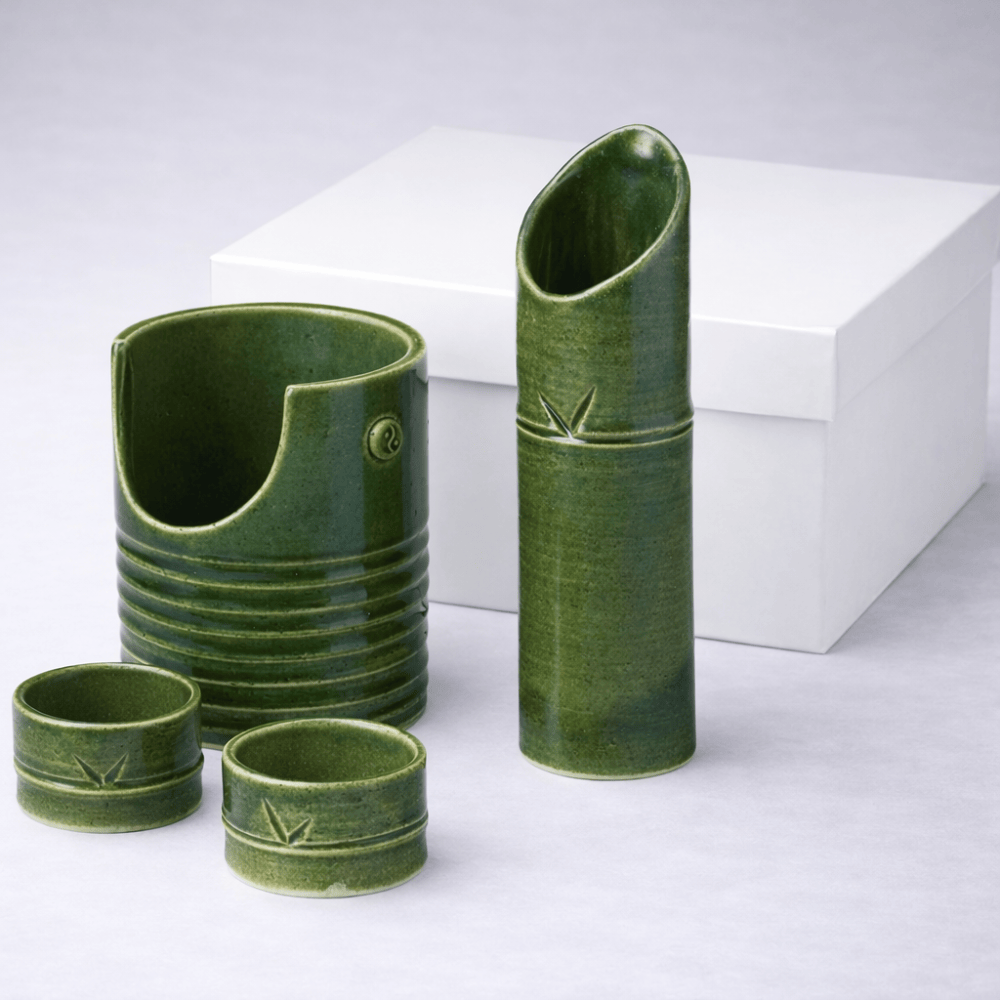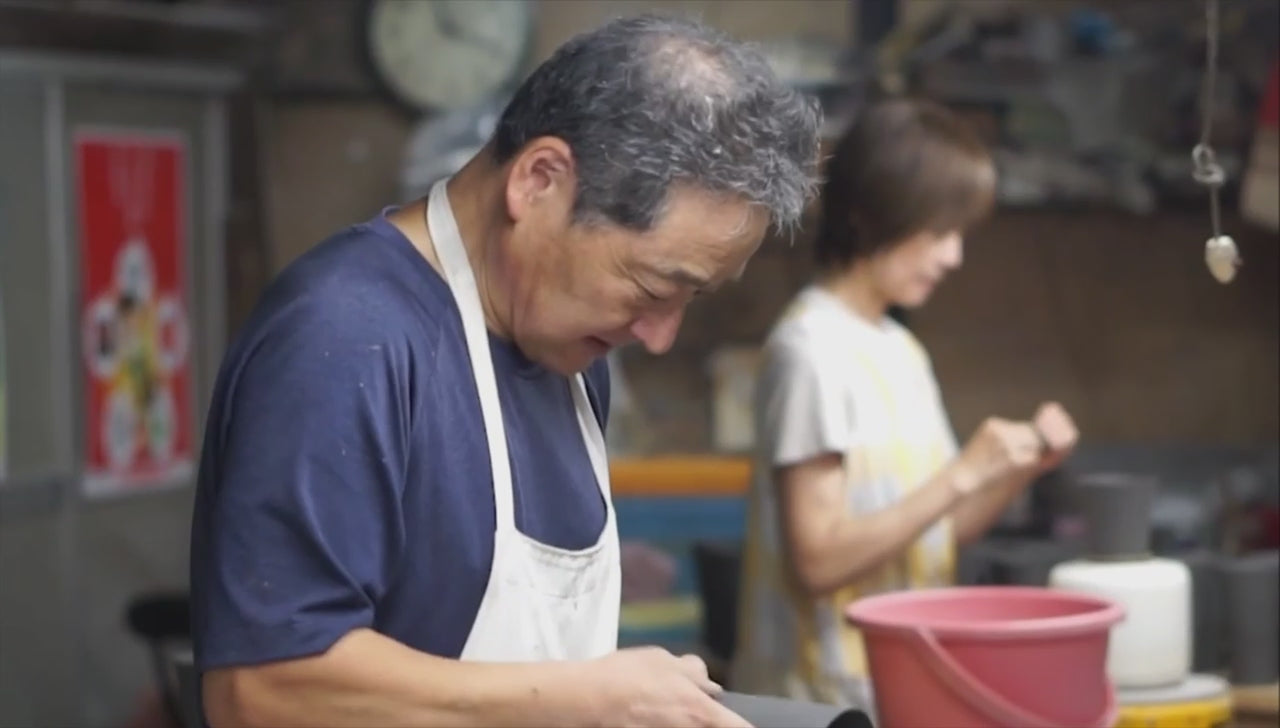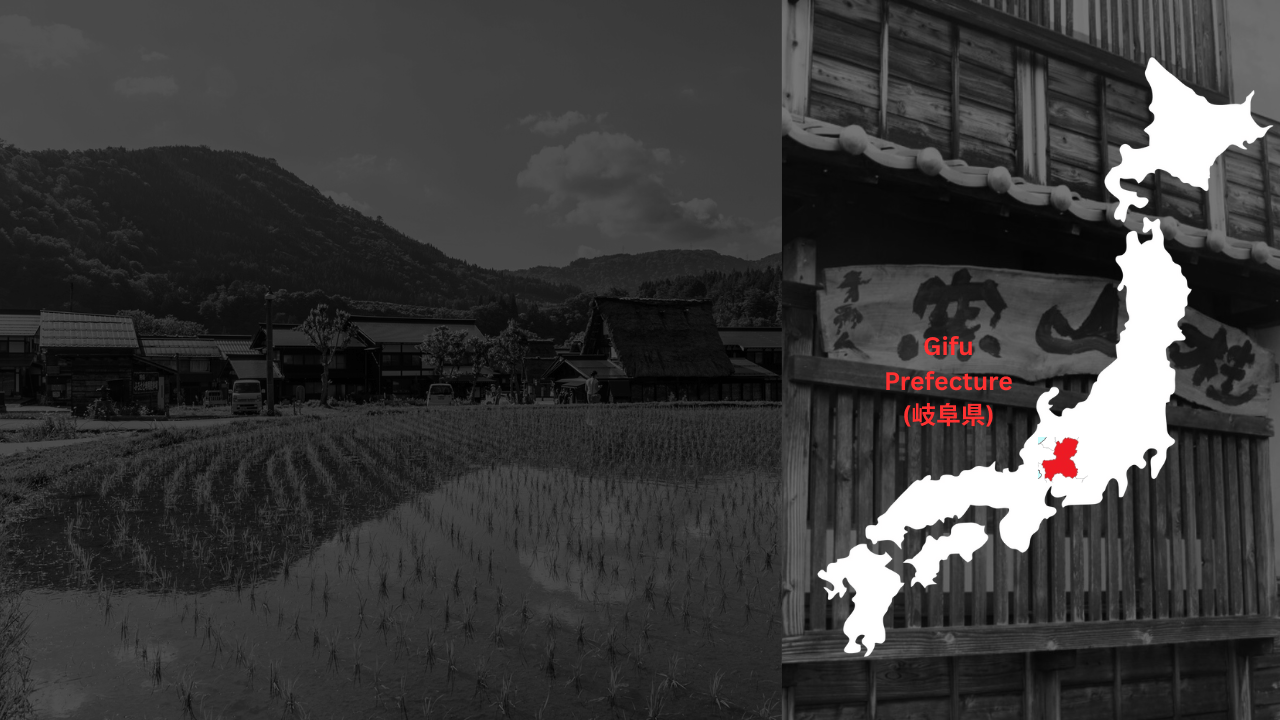
Oribe Bamboo Sake Set
Fast & Secure Delivery from Japan to your Door [Shipping Policy]
No surprise U.S. customs fees. [How we handle U.S. Customs for you]
Shop Safely with Encrypted Checkout and Verified Gateways.
Pairs well with

Oribe Bamboo Sake Set
Nature Meets Tradition – Oribe Bamboo Sake Set for Cold Sake Rituals
The Oribe Bamboo Sake Set is more than a sake set—it's a sculptural homage to Japan’s natural aesthetics and traditional drinking culture. The deep green glaze, characteristic of Oribe ware, evokes lush forest tones, while each piece mimics the form and symbolism of bamboo, long associated with strength, purity, and resilience.
The tall, elegant tokkuri (sake bottle) is modeled after a freshly cut bamboo stalk, subtly slanted at the top for graceful pouring. Two compact ochoko (cups) mirror the same bamboo motif, while the matching ice bucket brings both function and harmony to the set. The overall design nods to the *shishiodoshi*—a deer-frightening water fountain found in Zen gardens—adding a quiet cultural depth to each use.
Elegant Presentation and Gift-Worthy Appeal
This four-piece set is housed in a pristine white presentation box, making it a refined and memorable gift for weddings, anniversaries, or those who appreciate traditional Japanese aesthetics. Whether you’re serving chilled daiginjo or using it as an ornamental centerpiece, this set brings Japanese craftsmanship and nature-inspired design into your home.
Beautiful, meaningful, and unmistakably Japanese, the Oribe Bamboo Sake Set turns every sip into a tranquil ritual.
Product Information
Care instructions
Note

Mino Ware – A Legacy of Japanese Ceramic Art
Mino ware (Minoyaki) is one of Japan’s oldest and most revered ceramic traditions, with roots stretching back over 1,300 years. Originating in the mountainous region of Gifu Prefecture, this pottery is celebrated not only for its rich history but also for the extraordinary craftsmanship that defines each piece.
Skilled artisans shape every bowl, cup, and plate by hand, using locally sourced clay and time-honored techniques passed down through generations. The unique glazing styles—from subtle earth tones to vibrant colors—are carefully applied and fired to create intricate textures, crackle patterns, and finishes that make each item one of a kind.
More than just tableware, Mino ware represents a deep connection to nature, simplicity, and the wabi-sabi aesthetic. Each piece is a quiet expression of balance—between utility and beauty, old and new. Whether used daily or saved for special moments, Mino ware brings the spirit of Japanese craftsmanship to your home.
FAQs
All you need to know about Japanese Mino Ware.
What is Mino ware?
Mino ware, or Minoyaki (美濃焼), refers to a traditional style of Japanese ceramics that originated in Gifu Prefecture over 1,300 years ago. It is one of Japan’s most prominent ceramic traditions and is known for its variety of styles, earthy aesthetics, and artisanal craftsmanship. Today, Mino ware accounts for the largest share of ceramic tableware production in Japan.
How is Mino ware made?
Each piece of Mino ware is handcrafted by skilled artisans using locally sourced clay. The process involves shaping the clay by hand or wheel, applying unique glazes, and firing it in kilns at high temperatures. The techniques used—such as Oribe, Shino, and Setoguro glazes—have been perfected over centuries to create the textures, colors, and finishes that define Mino ware.
What makes Mino ware different from other Japanese ceramics?
Unlike many other regional ceramics that follow a uniform aesthetic, Mino ware is known for its diversity. It encompasses over 15 officially recognized styles, ranging from rustic and natural to vibrant and contemporary. This flexibility makes Mino ware both deeply traditional and highly adaptable for modern use.
Is Mino ware safe for everyday use?
Yes, authentic Mino ware is made from food-safe materials and is generally safe for everyday dining. Most Mino ware sold today is microwave and dishwasher compatible, but because of its handcrafted nature, gentle handwashing is often recommended to preserve the glaze and texture.
Why is Mino ware valued by collectors and designers?
Collectors and interior designers appreciate Mino ware for its authenticity, heritage, and aesthetic depth. Each piece embodies the Japanese philosophy of wabi-sabi—beauty in imperfection—and offers a unique tactile and visual experience. The handcrafted nature of Mino ware ensures no two pieces are exactly alike, making them functional works of art.


